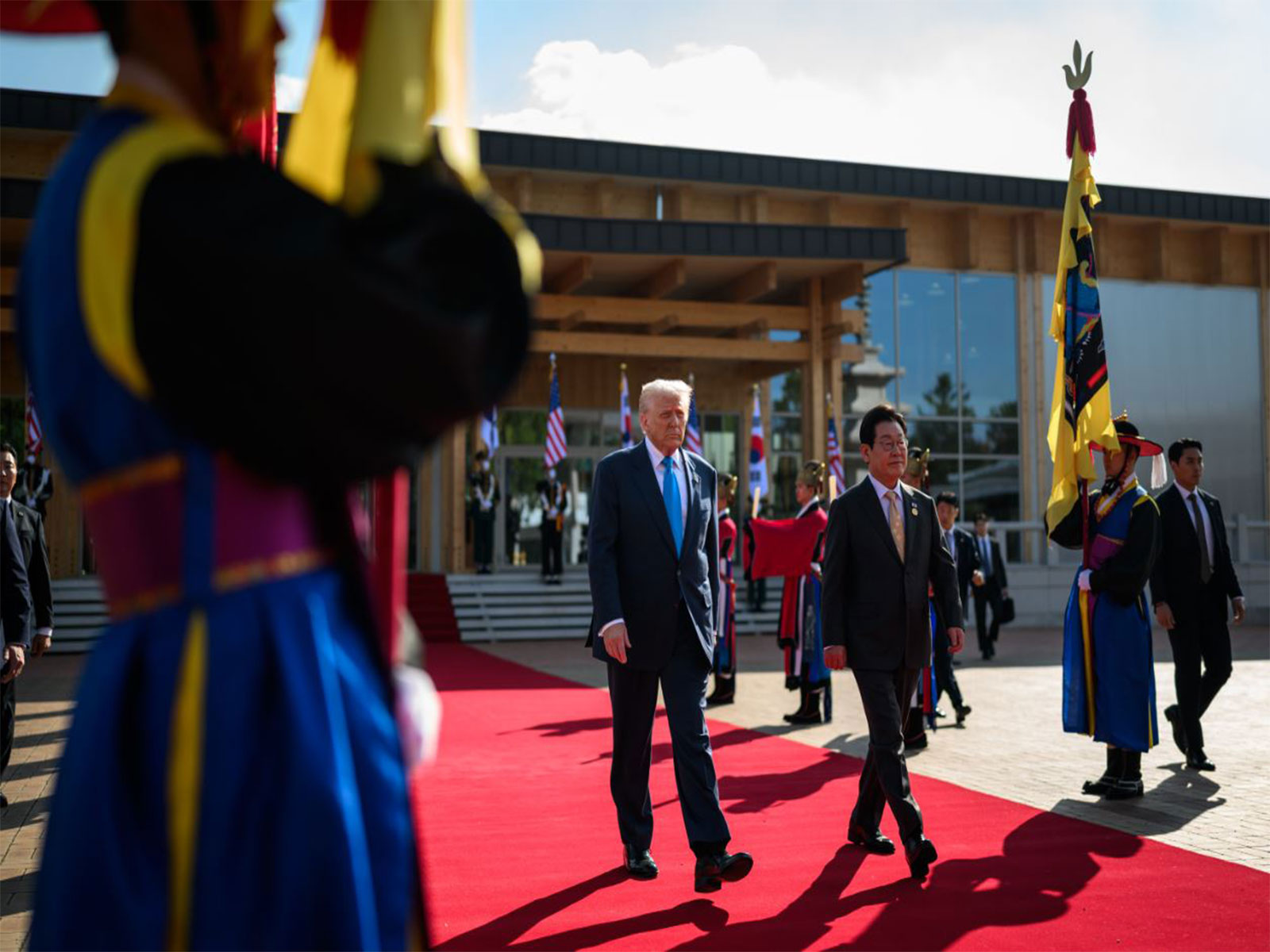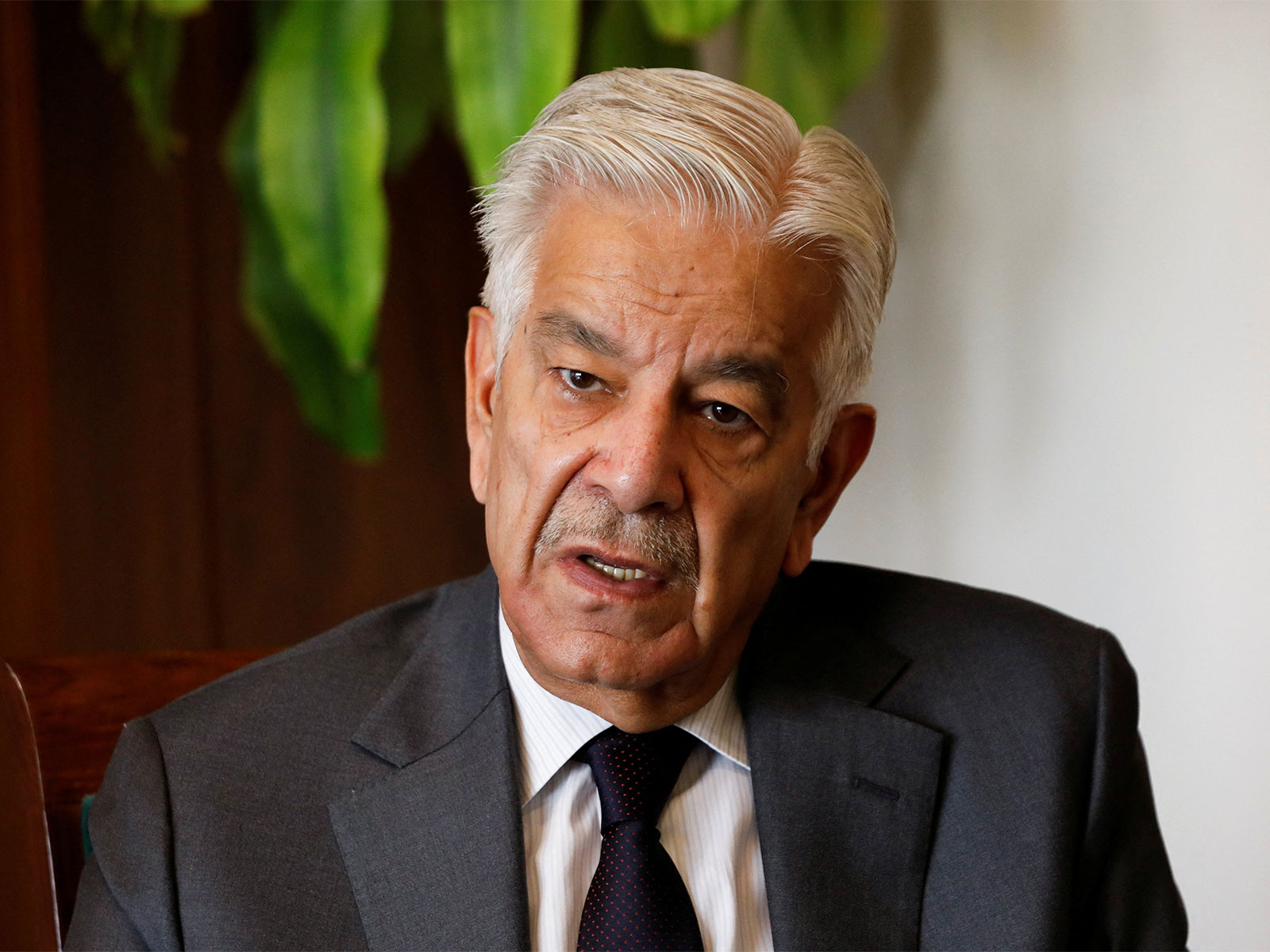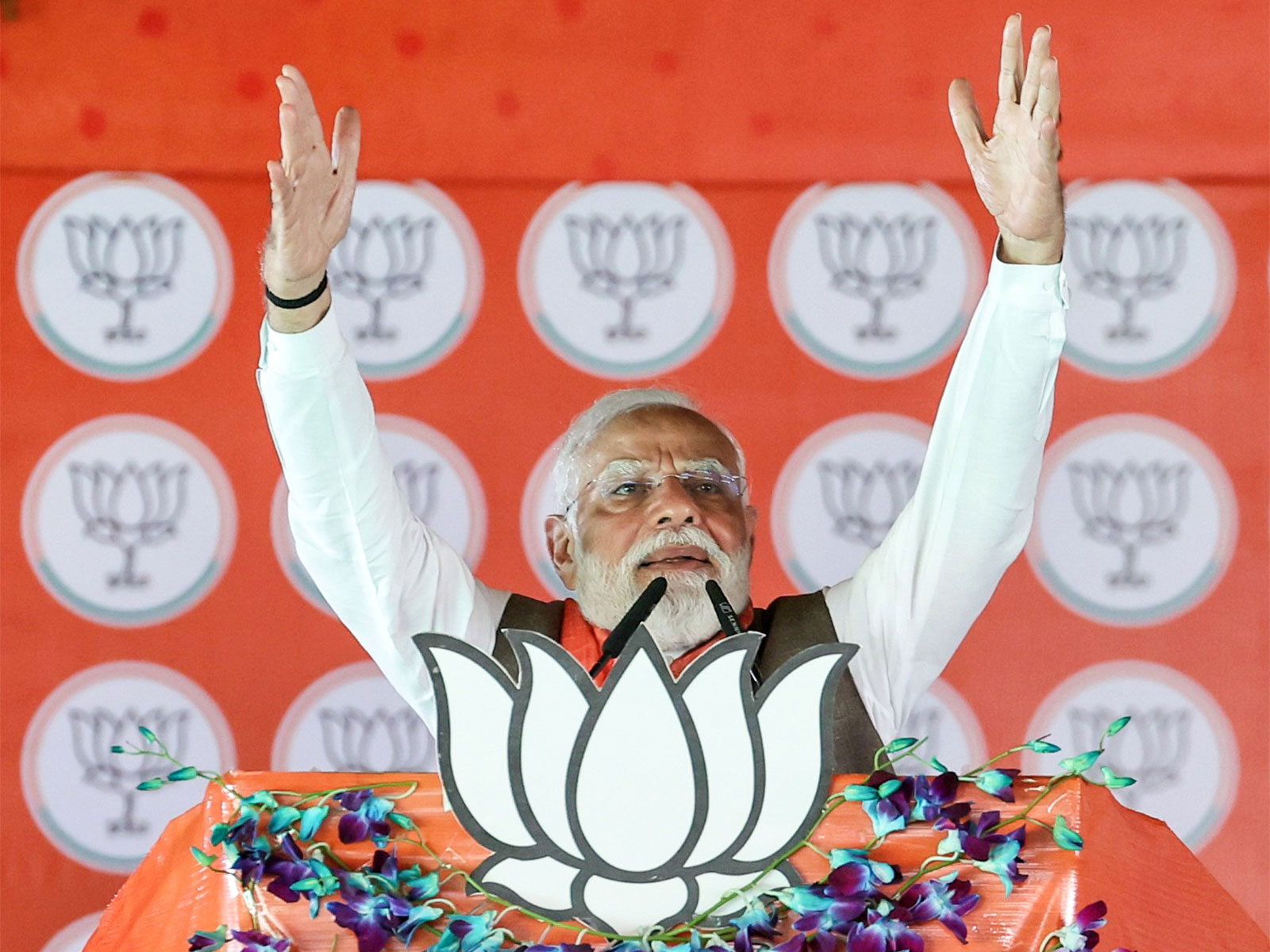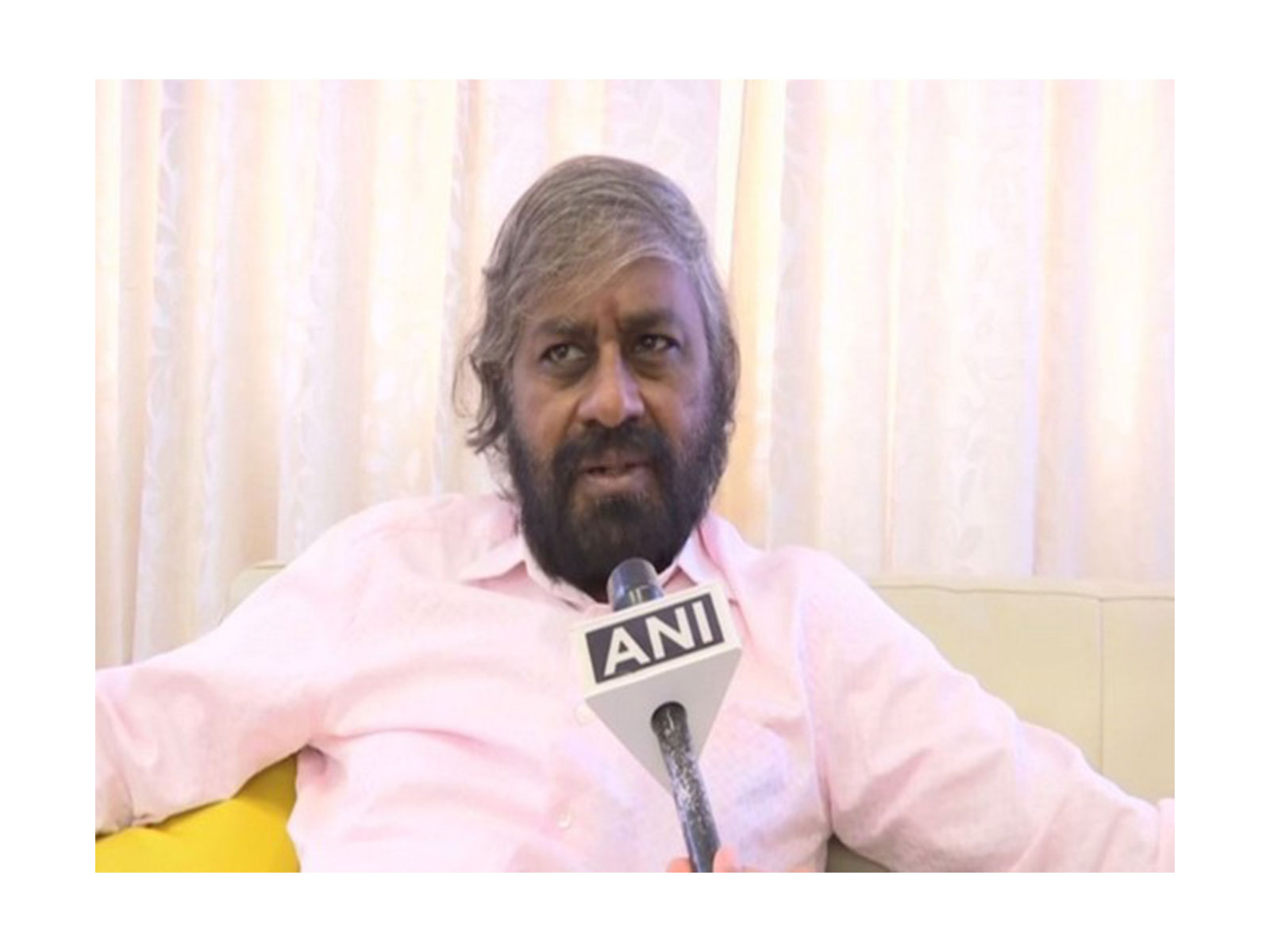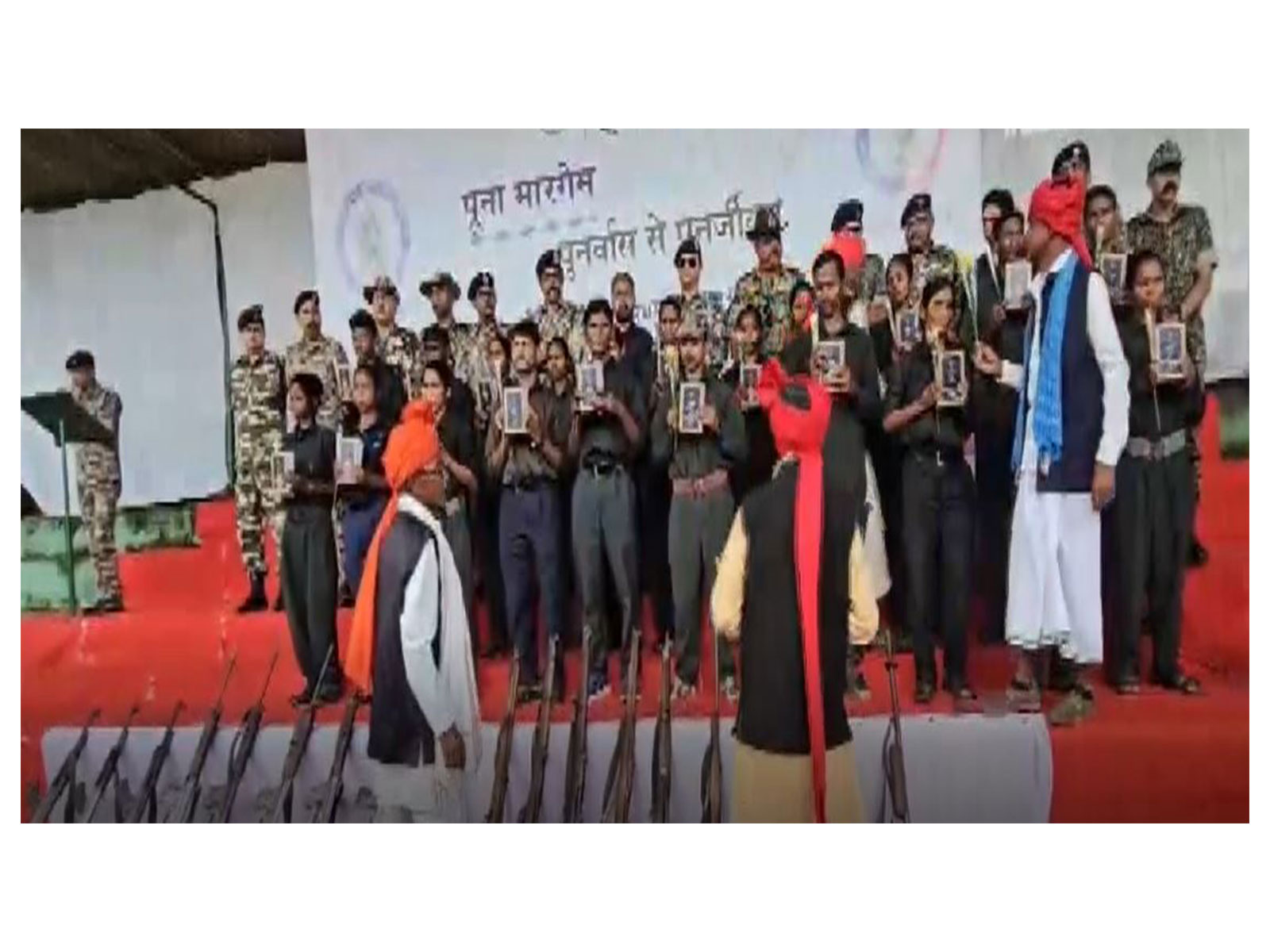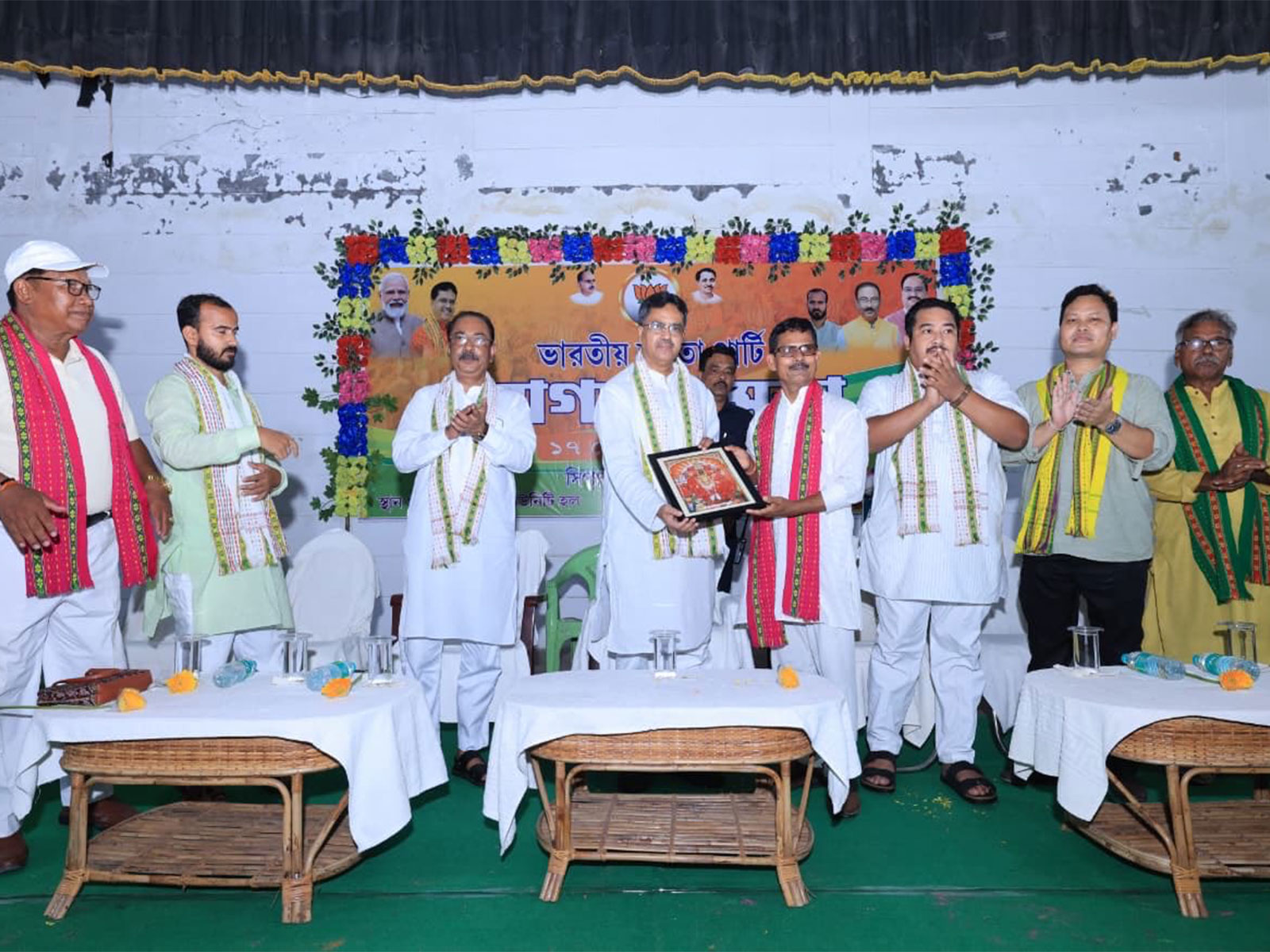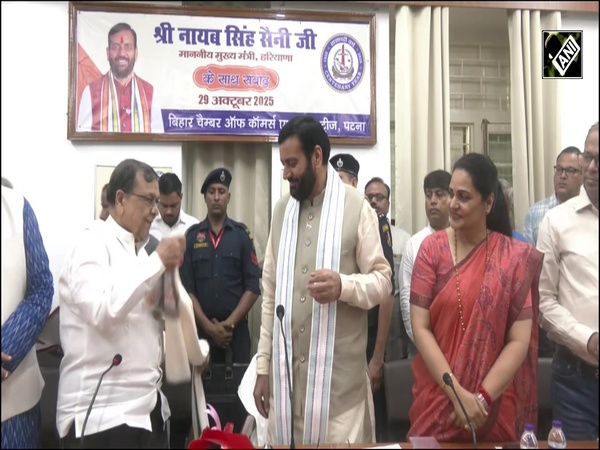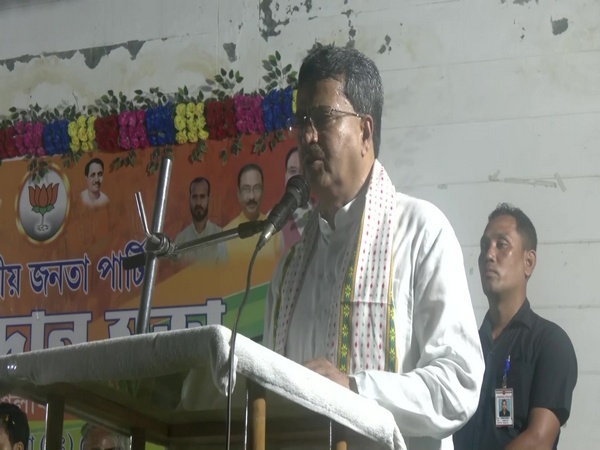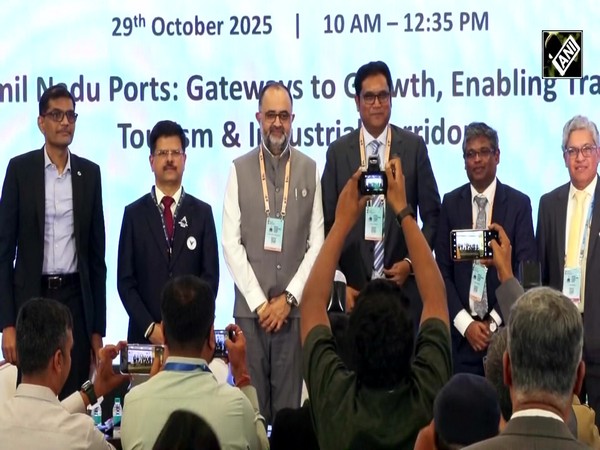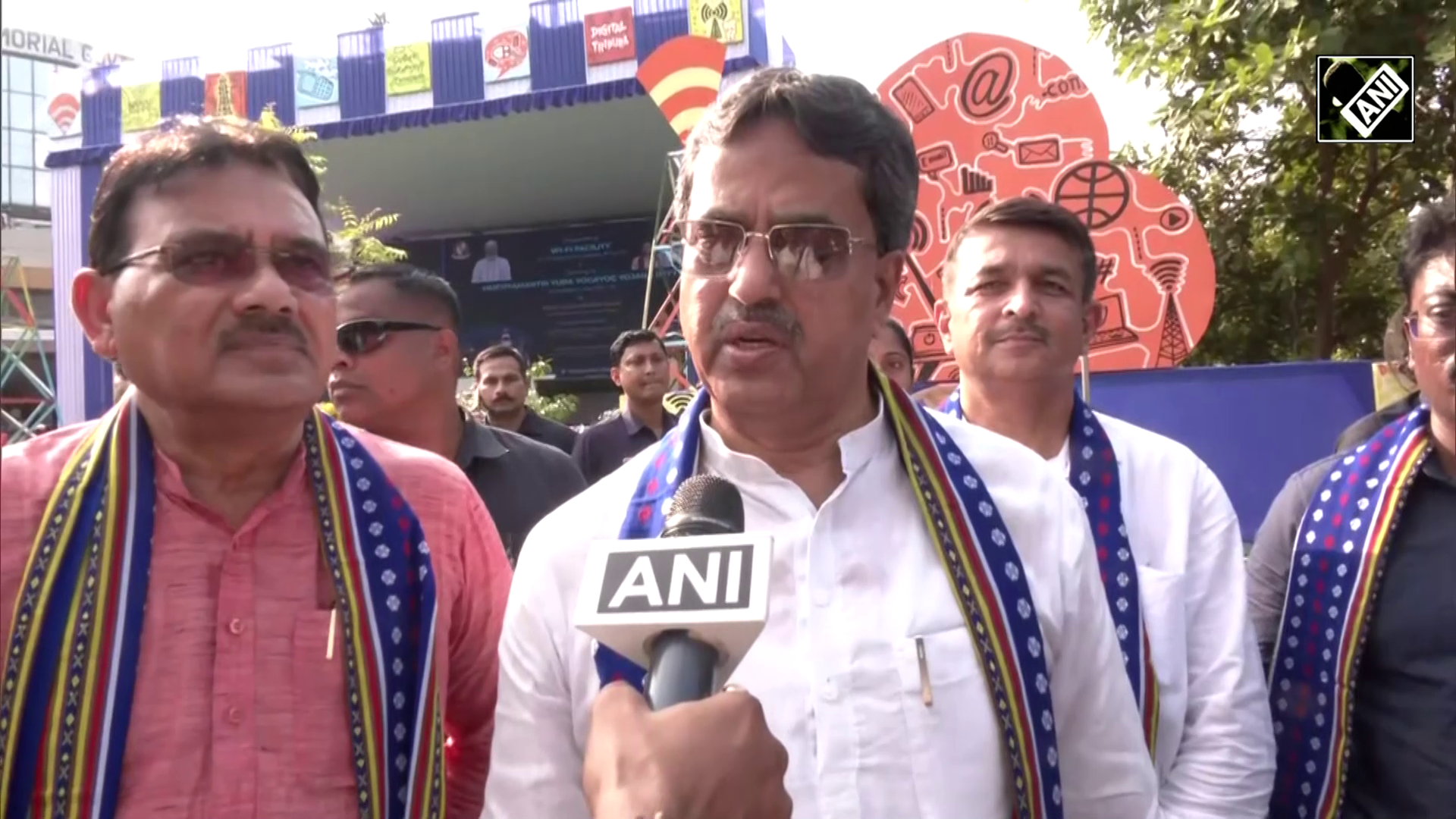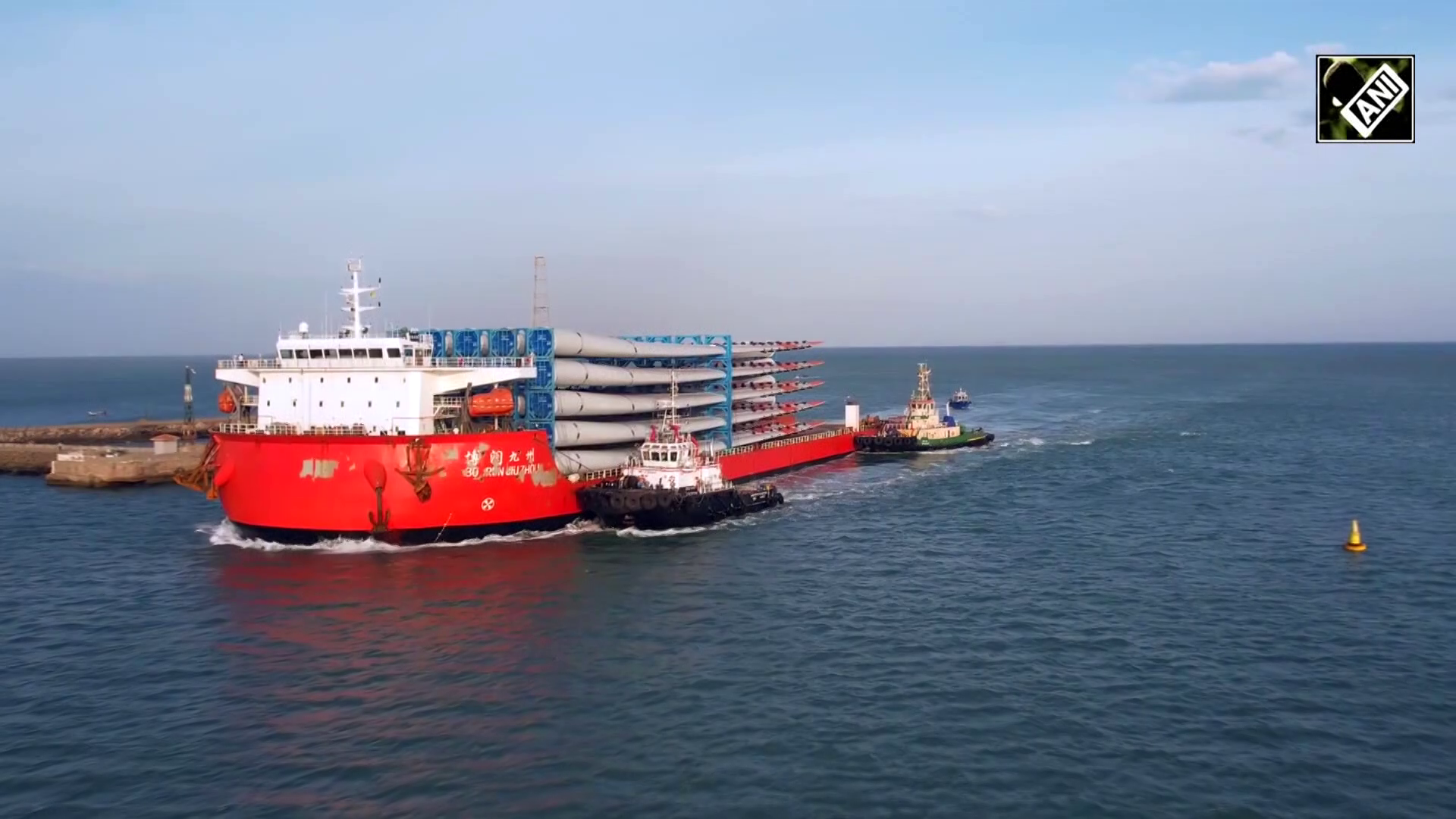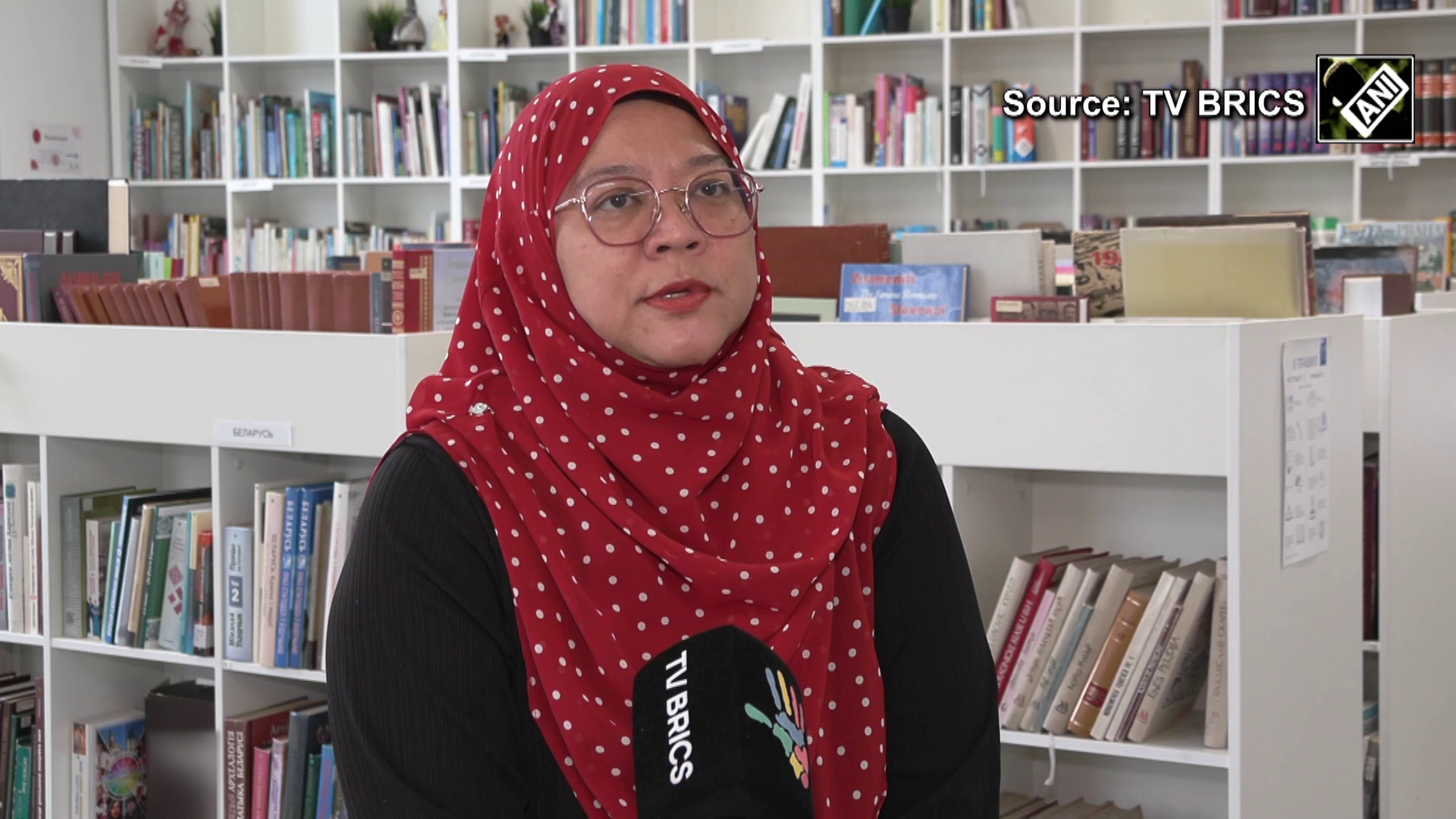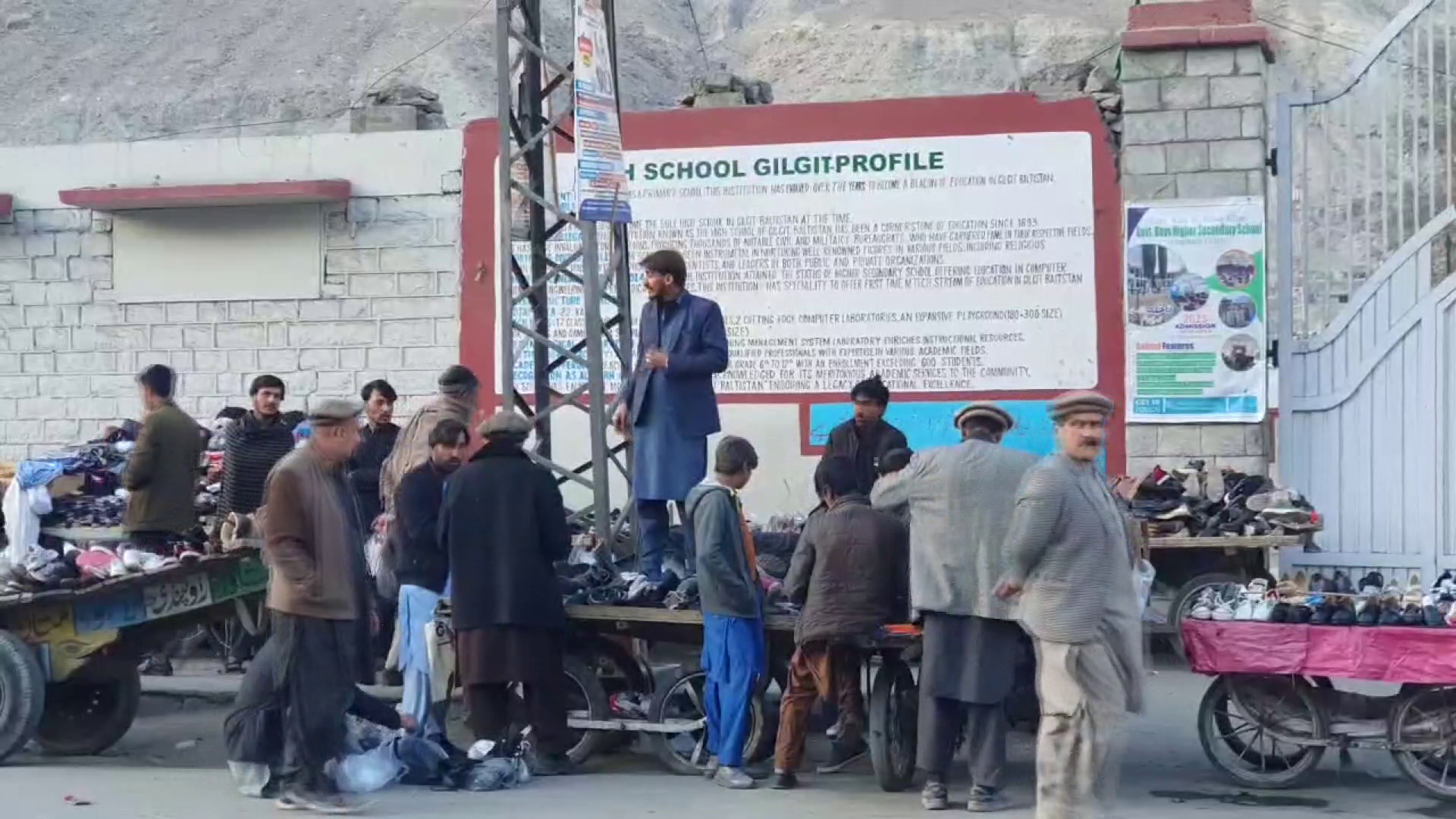UN: Activists organise event to highlight condition of minorities in PoK, Gilgit Baltistan
Apr 05, 2024

Geneva [Switzerland], April 5 : Representatives of National Equality Party Jammu Kashmir, Gilgit Baltistan & Ladakh (NEP-JKGBL) along with social and political activists from around the world, recently attended an event organised on the sidelines of ongoing 55th session of the United Nations Human Rights Council emphasizing the issues of the people of Gilgit Baltistan (GB) and Pakistan Occupied Kashmir (POK).
Panellists of the press conference were Nicolas Levrat the Special Rapporteur on minority issues of the United Nations, Konstantin Bogdanos a journalist and former member of the Greek Parliament, Tsenge Tsering, Humphrey Hawksley, Sajjad Raja the Founder Chairman of NEP-JKGBL and Joseph Chongsi of the Centre for Human Rights and Peace Advocacy acted as moderator.
Additionally, members of the press also attended the same event focused on the situation of minorities in Pakistan, especially in the regions of POK and GB.
Journalist Bogdanos, during the press conference, insisted that "European citizens must take interest in these issues, even if they are physically far away from POK and GB borders". He further strongly criticized the policies pursued by the Pakistani government with regard to minorities and the militarization of the territory, turning prosperous areas into hostile places. He also referred to the situation in his country in Northern Cyprus, arguing that they are fighting against the oppressors.
In his statement Levrat, the Special Rapporteur on minority issues on the UN addressed the issues relating to minorities in this region, highlighting a historical "oversight", as only one visit had been made since the creation of the rapporteurship to Sri Lanka in 2006. He further stressed the difficulty of his mandate because there is no closed list of minorities, as he mentioned that each group faces different vulnerabilities in different sociological contexts. He also advocated that all such persons should be treated equally, with consideration of their particularities.
Additionally, he further advocated communications with NGOs and members of civil society to understand more about specific situations, and then work and collaborate with governments.
Tsenge Tsering, a native of the Gilgit-Baltistan region, located between Pakistan and China, explained the importance of this place in the trade relations between the two countries. He also exposed that despite being a prosperous region, the population lives in poverty, without educational and medical infrastructures, and at risk of food security, used as an instrument of blackmail by the Pakistani government. He also denounced the fact that they live without constitutional rights, without the right to vote and without the right to legislate, despite being the majority in this territory.
Hawksley in his statement defended the peaceful resistance to the oppressor and the need to develop these regions as the only strategy to avoid disaster. He made a historical comparison of the situations in Palestine and Taiwan, defending the strategy of the latter, which has become a prosperous and technologically advanced democracy by avoiding armed struggle.
He emphasized the idea that it is these societies that have to make a commitment to their own future and determine what they want to be because no country or the international community has come or will come to help.

